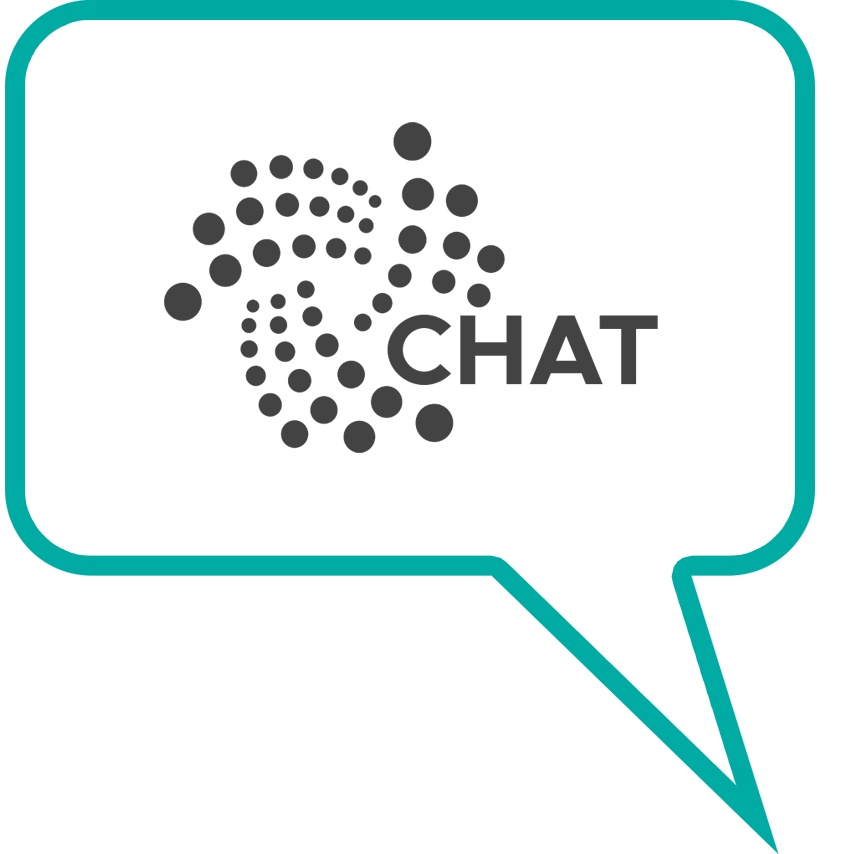
FogNet
https://medium.com/media/a0db5c596b2132ca7ee1991b34a93c91/href
FogNet is an alternative to today’s internet, based on Bluetooth and the IOTA protocol. Instead of relying on Internet Service Providers, the FogNet is a decentralized network in which data is transferred directly from peer to peer. FogNet “routers” consist of an Arduino and a Bluetooth Low-Energy device, that can connect to a neighborhood mesh of other FogNet routers. Web content can be requested from neighbors, and served across the mesh to any other connected device. Because Bluetooth capability already exists in every computer and smartphone, this network can be utilized by anyone, without the need to set up a personal FogNet router.
The mesh network model
There are many existing mesh networks in the world, but they all rely on the generosity of volunteers to stay running. Using the IOTA cryptographic protocol, FogNet distributes the computational and bandwidth costs of running a network among all participants. Each web request costs a small amount of IOTA, which is split between every FogNet node that takes part in routing the request to its final destination. This destination may be a “gateway node” that is connected to the regular internet (as in the video above). In this way, network participants must contribute as much bandwidth as they consume, or pay for network use with IOTA deposits. This model also prohibits network spamming by malicious actors.
FogNet is a perfect solution for deployment in resource-constrained environments, such as rural villages, inner-city neighborhoods, or refugee camps. For example, in the city of Detroit, 70% of school-age children do not have internet at home, and most of these homes are located in neighborhoods where telecom companies have no plans to invest further in infrastructure. Expanding access to the internet is a global priority under the 9th U.N. Sustainable Development Goal, yet the recent Net Neutrality ruling in the U.S. shows that many areas are actually moving backwards in this regard.


